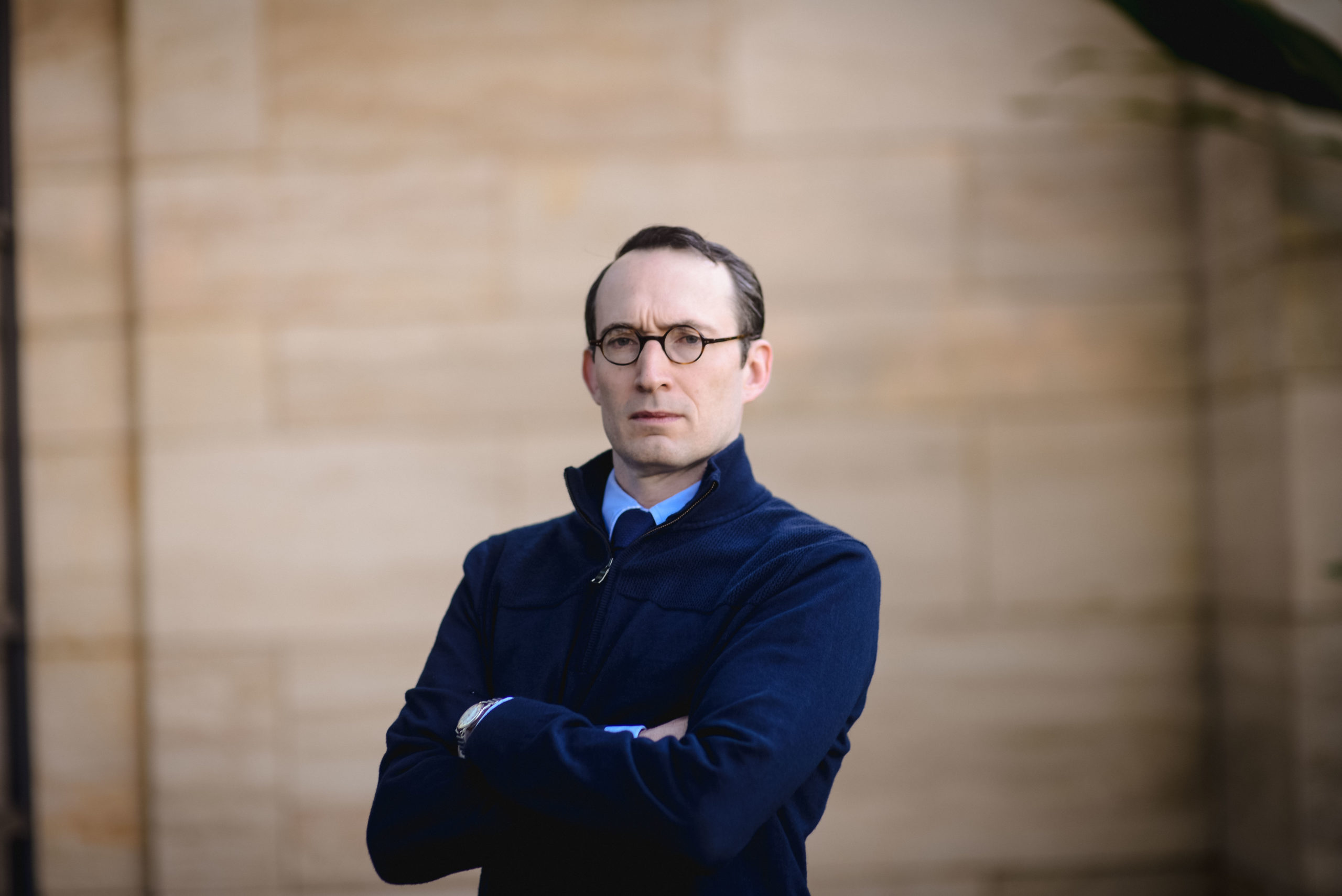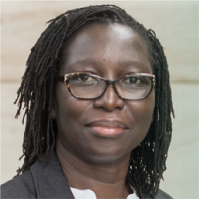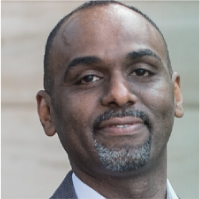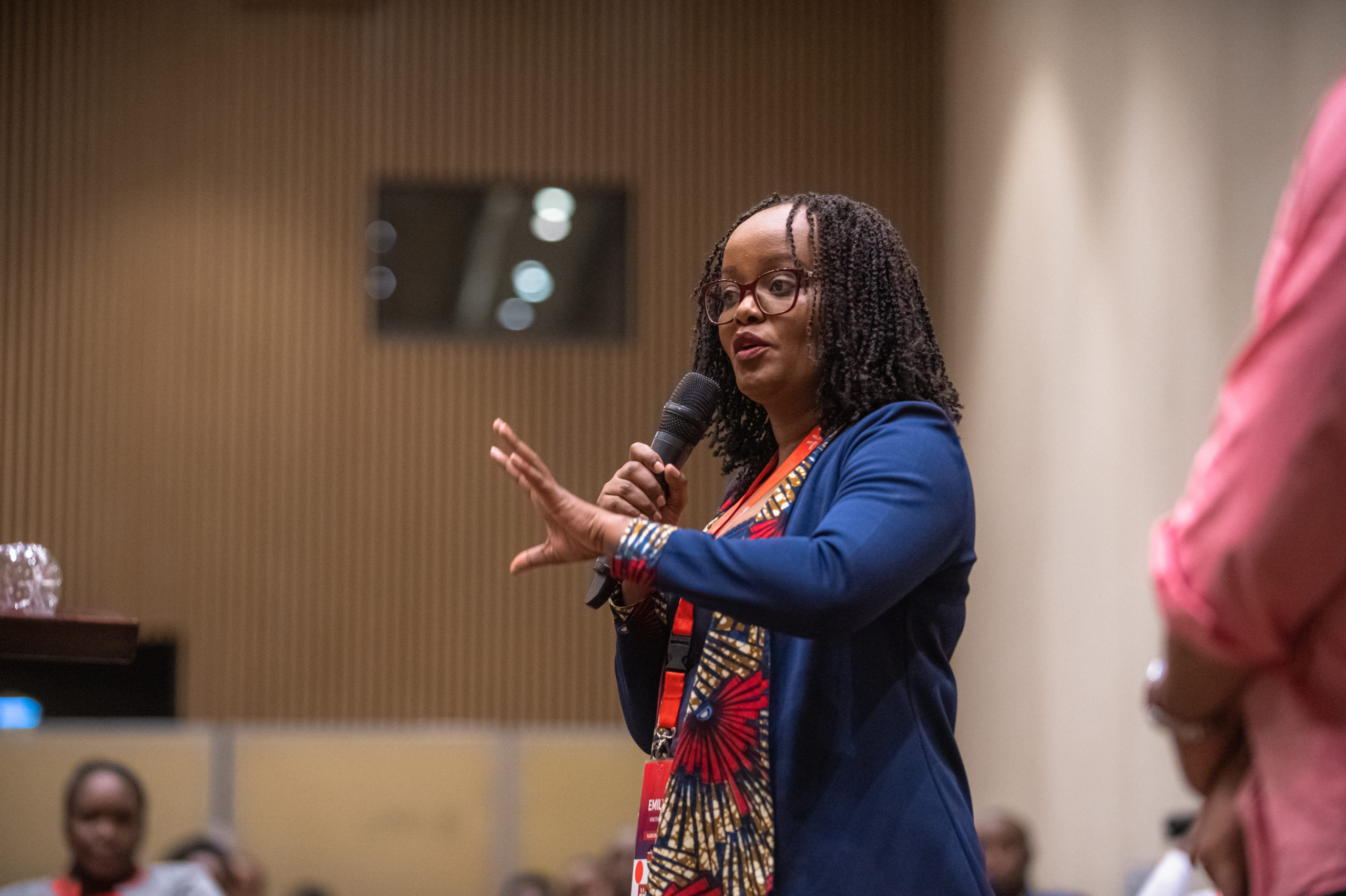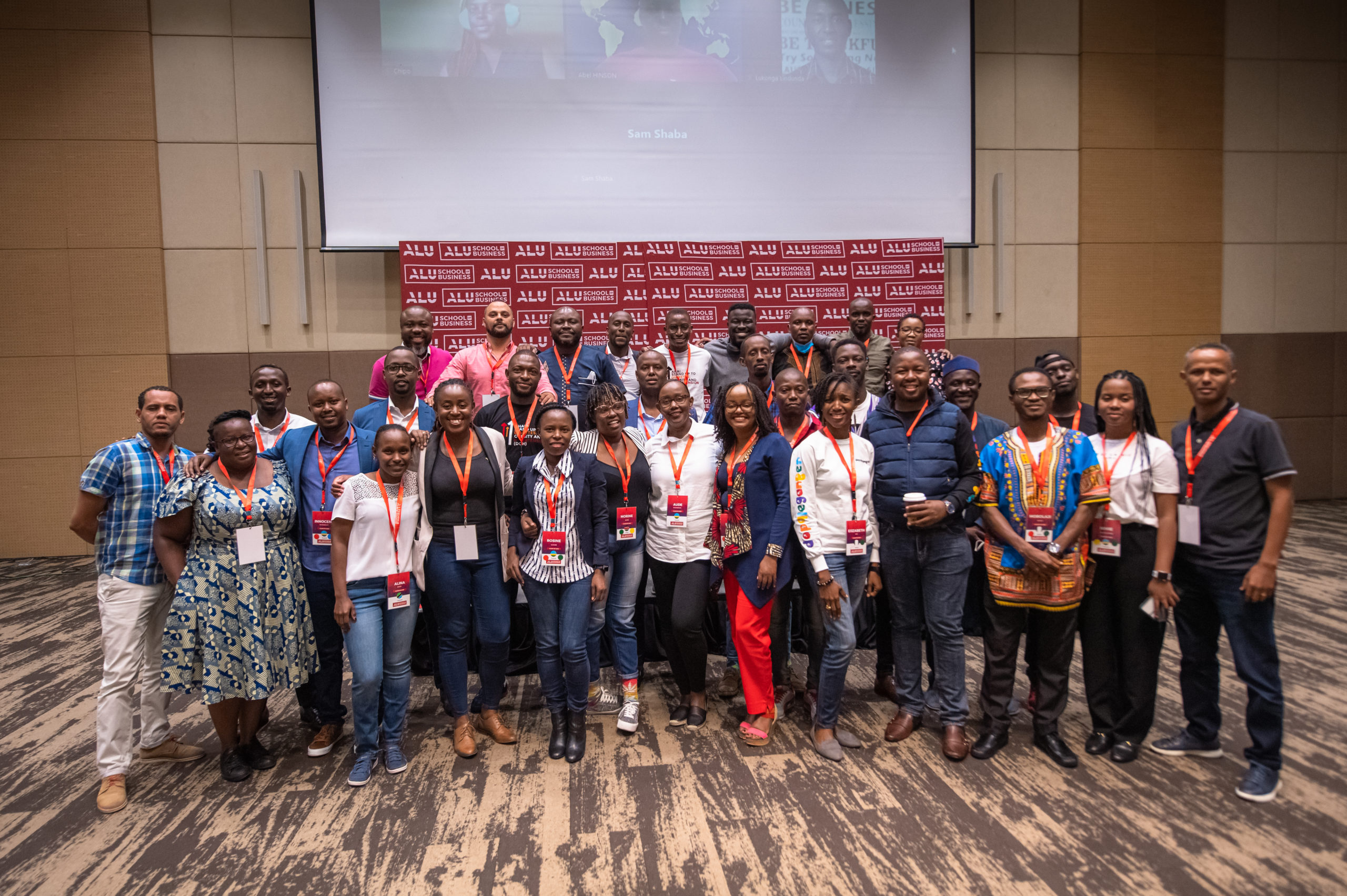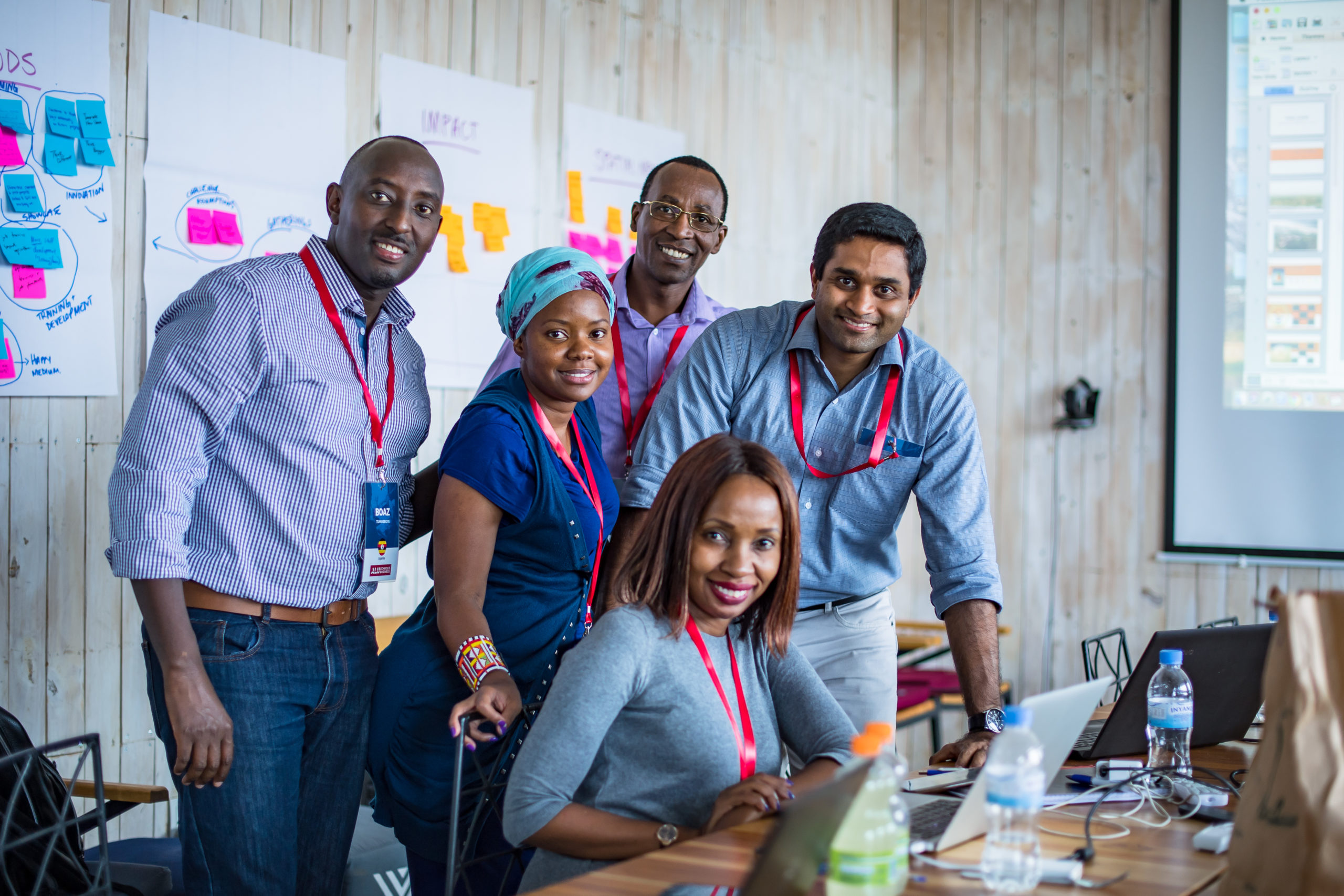Emmett P. Tracy combines an erudite academic portfolio comprising a BA from Williams College, EMBA from INSEAD, and a Ph.D. from Trinity College, Dublin, with an executive professional portfolio including Chief Executive Officer, KaffeeHouse Digital and Dean at Hult International Business School.
At ALU School of Business (ALUSB), Dr. Tracy consolidates academic administration, risk management and global strategy to position ALUSB as a leading, pan-African Business School.
Last week, Director of Admissions, Vani Nadarajah, interviewed Dean, Emmett Tracy. Read on to glean insights into the career path, motivations, and personality of ALUSB’s Dean.
Could you give us a snapshot of your academic and professional background?
A lot of my career has been driven by measuring risk at different inflection points, and I have taken a number of significant shifts in my professional and academic trajectory.
In a sense, my background boils down to decisions driven by managing probabilities at different points in my career – in academia and business. Going into academia, I identified the risks involved in considering different areas of study, and then, within the business environment, I observed and evaluated risks in starting and running a company that traversed countries and continents, from Morocco, Ireland, France, Italy and Mauritius to Kigali.
But I have always felt confident in the risks that I have taken and a lot of that stems from the work that I did in business school, which helped me grow in a confidence to analyze situations. Also, I have been fortunate to spend time with a community of people on whom I can rely – many of whom I met during my EMBA.
My business school experience now involves helping students identify and evaluate their own risks in the decisions they make at this significant stage in their careers, usually by factoring in income and opportunity.
What led you to ALUSB and why sub-Saharan Africa now?
ALUSB is full of risk-takers, not least Fred Swaniker. I have great respect for the risks Fred has taken, and how calculated they are. ALUSB started a few years ago as an idea, and the school has grown into an extremely successful community of people who are going to change the continent. They are risk takers in their own right. Being part of this community of people who are able to take risks that transcend sectors and geographies, makes me really proud.
What kind of students would you like to see admitted into the ALUSB EMBA Programme?
When I take part in the admissions process, one of the biggest things I look out for is open-mindedness, inclusivity and a commitment to diversity.
The ease of changing geographies today means that the opportunities are there to engage with diversity in different markets. The mindset of openness to engage in these differences has to be there. Usually, there are indications of this mindset when prospective students are asked what they expect to see in their classmates and what their classmates expect of them. I find it a good sign when students gravitate towards thinking about other people, not just about themselves.
Where would you like to see ALUSB EMBA alumni in 10 years?
I would like ALU EMBAs to be running businesses that embrace diversity, employing people from Ethiopia, South Africa, Greece, the Middle East… I want them to be game-changers in the sort of way people think about businesses on the continent – not just regional or overly localised, but as economies that are major players on the global stage.
What’s the best advice you’ve ever received?
“Pay greater attention to the details.” My dissertation supervisor used to warn me about moving too quickly and always encouraged me to pay greater attention to details. It was excellent advice.
3 items on your bucket list?
1. Writing at least one book per decade.
2. Deep-sea fishing.
3. Learning Swahili.
Favourite book, if so?
The ‘Meditations’ by Marcus Aurelius. “Poems” by Constantine Cavafy is another book I travel with constantly.
Favourite quote?
Favorites are tough. But the Irish love quotes. One that I use a lot – “Progress is impossible without change; and those who cannot change their minds cannot change anything.” It is from one of the last works by George Bernard Shaw. People forget Shaw was one of the original founders of the London School of Economics. Incredible.
Who are your mentors in leadership – and why?
Multiple members of my family. I have been extremely fortunate to come from a long line of educators and leaders in education.
What drives you? Where do you get your motivation from?
Learning.
I came to a point in life where every day was about learning something new and striving towards a sense of virtue. In Western philosophy, this could be understood as a sense of ‘Stoicism.’
“The point of everyday is to learn more. Everyday is a successful day if you’re learning something new and expanding a sense of understanding.”
